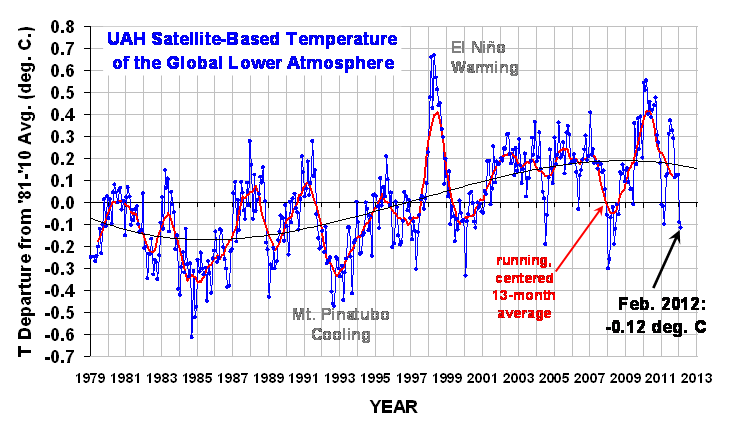A while back I wrote "Can Your Social Presence Get You Hired?" Remarkably this post was extremely popular though I am not sure why.
Recently a couple of events have made me wonder more about this in general...
There have been a number of people posting and writing lately about how employers are asking people for their Facebook passwords as part of their job interview. As I wrote yesterday about Angela Wesselman, Nev, and the movie Catfish there are any number of good reasons for employers to want to understand more about what you are willing to say and do on-line.
For example, if you are willing to fabricate an extensive network of friends by stealing identities of others will you be an honest cashier?
Or if you are willing to lie about yourself (your appearance, your abilities, your social status) will you make a good law enforcement officer?
Or if you are busy posting about the TV show "Weeds" and are in support of medical marijuana would you make a great candidate for that pilot or school bus driver job?
I think these are all good questions to consider when hiring someone.
Now Facebook has a policy that sharing your password is not allowed - which from their perspective I suppose makes sense because if you do share your password and you Facebook account is corrupted you are more than likely to claim its Facebooks's falult rather than your own or the person you shared your password with (why? because Facebook has more money and money flows from fault).
Now, in the larger context, I've been thinking about the impact of social networking and sharing a la Facebook on our culture and our societies future.
So let's look at this: http://www.drroyspencer.com/latest-global-temperatures/
Dr. Roy Spencer is a former NASA scientist, climatologist and PhD. He doesn't like global warming and he publishes data about this (and at least some of the sources of his data).
Now what I don't understand is, that given the public is funding much of climate research, why science is not sharing their data with "the rest of us" in this regard. For example, with Climategate a few years ago hackers stole data on global temperatures. Why?
Why isn't all the source data material, equations, formulas, and all the rest public?
We are paying for it after all.
Any why aren't the calculations, adjustments, and other fiddling about with the data open as well? For example, if we think that earth-based temperatures taken are now too close to cities so we make an adjustment - why can't I see that data and the adjustment? And what about that sea captain data from back in the 1800's - where's that? Why can't I see that as well?
It would seem to me that sharing of objective data - numbers collected, for example, by satellite is a good thing (and apparently NASA does this with its temperature satellite data).
Why can't we, as it were, "follow the trail" from raw data through each step and adjustment to the final prediction of doom and/or bliss?
Why can't there be a Global FACEBOOK of CLIMATE. An equivalent to Facebook but containing all the collective scientific knowledge and data about climate. Who's doing what with the data, formula's, equations, adjustments, programs to produce charts and graphs, everything.
These seem like reasonable questions, don't they? But its not how this works.
And the reason is simple.
Like the social emotion of "sharing" there is a counter-balancing human emotion: vanity.
Vanity says its my data, its my conclusion, its my work - I don't care who paid for it its mine.
I am not the first to make this point. As an example for some time there has been an "Open Access" movement to eliminate the current model of expensive scientific journals. Many peer-reviewed journals cost thousands or tens of thousands of USD per year making access to them possible only through well-funded University libraries.
But for many years now people have been questioning this. Why should public money on research be bound up in what are effectively elitist journals inaccessible to those paying for them? (See this NY Times article.)
This type of scientific publishing is a multi-billion dollar market.
And if you consider all the public money spent on academic research the amount is larger still.
Add in the trillion or so USD tied up in student loans (a portion of which fund the eduction of these researchers) and you have an enormous elitist club that takes our money and converts it into inaccessible results that dictate our lives.
But Facebook, I think, is not really about "sharing."
Certainly I don't use it that way - I post these blog entries there so people will read them and, hopefully, click on ads or call me for business.
And my guess is that most people posting for their own vanity treat it the same way.
So its really about greed - or, more accurately - for the promotion of one's self: vanity.
If we were truly social then all the Global Warming data would be freely accessible.
But that's not human nature.
Vanity is pride and pride is, by many, considered to be the root of all sin.
Good to know that 78% of all parents think its okay for their children under the Facebook age limit of 13 to use Facebook anyway.
In fact, according to CNN, then help them lie to get on.

No comments:
Post a Comment